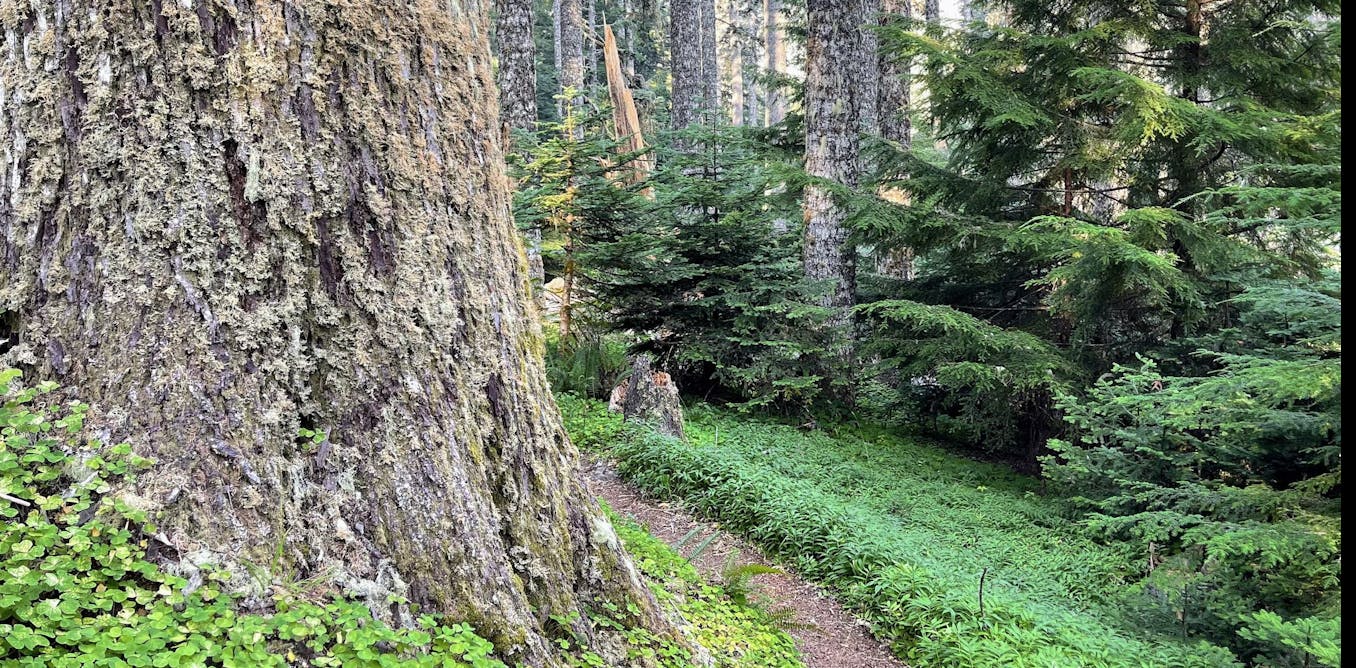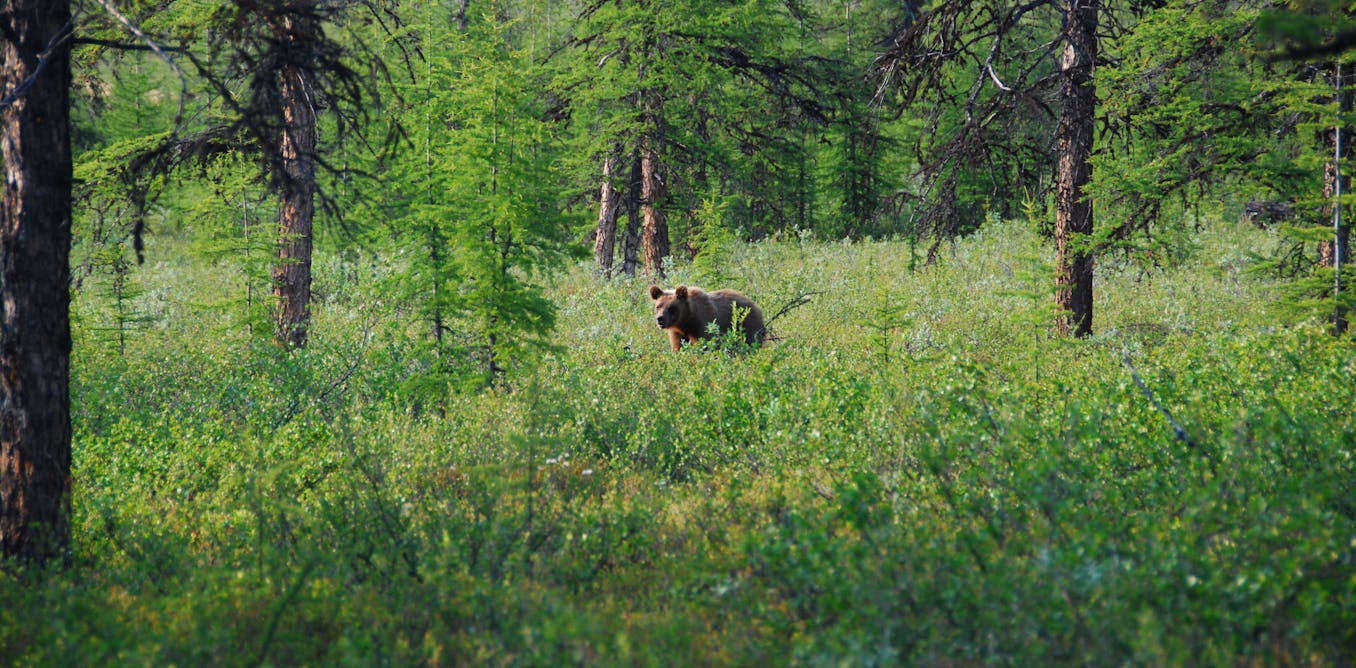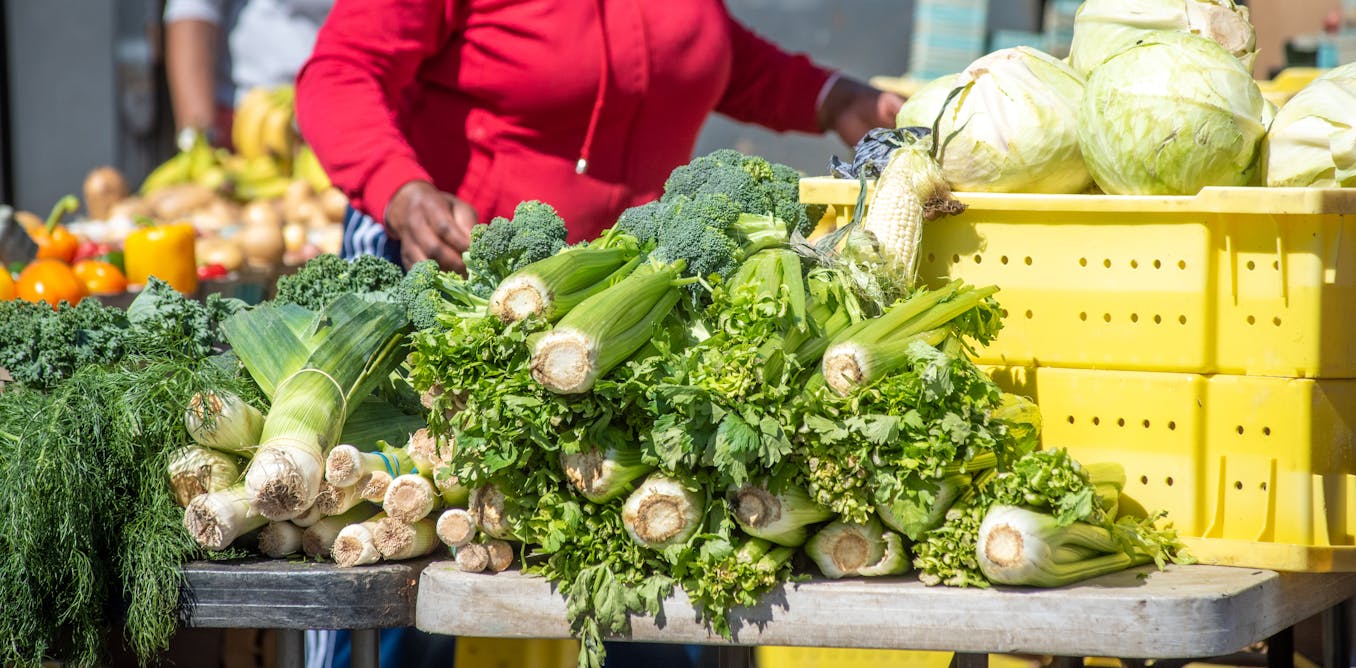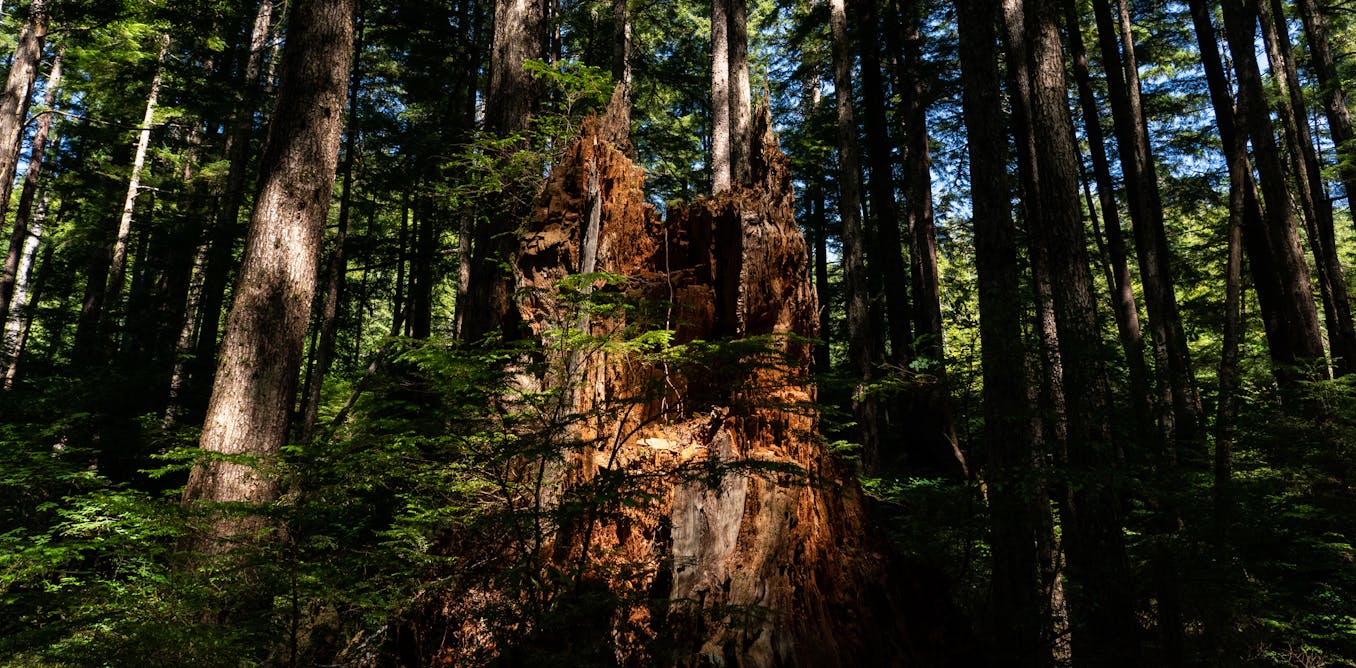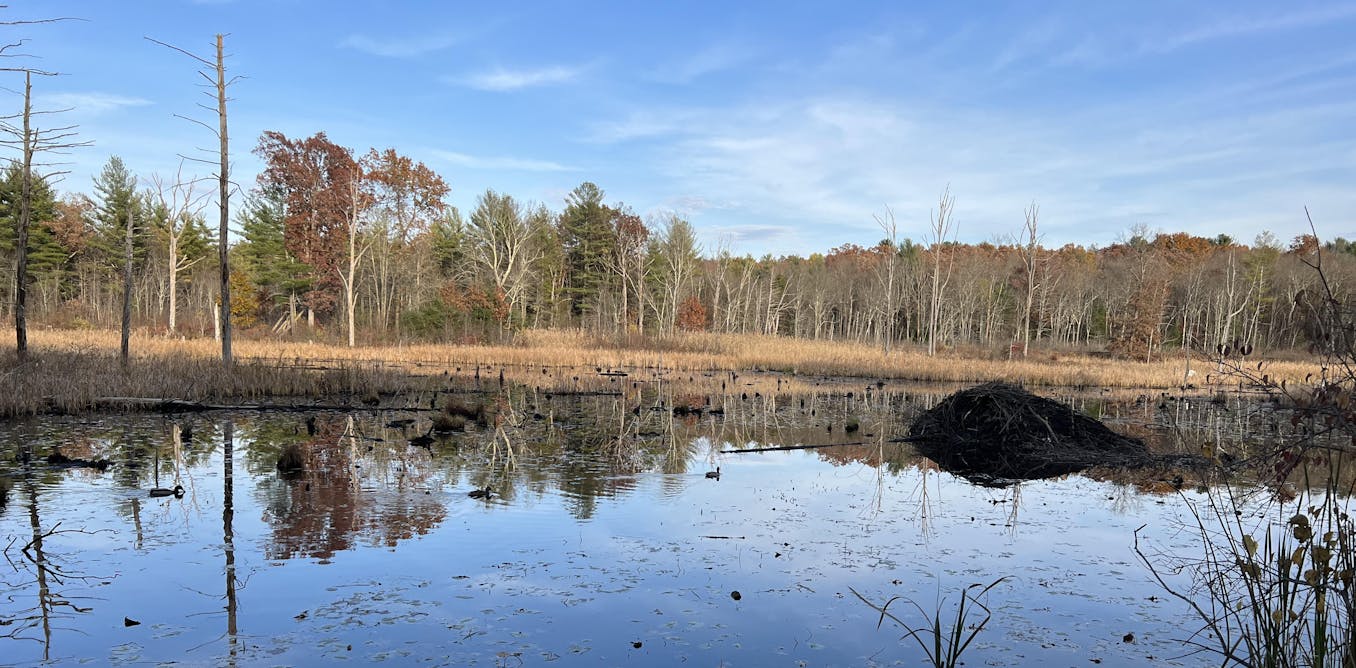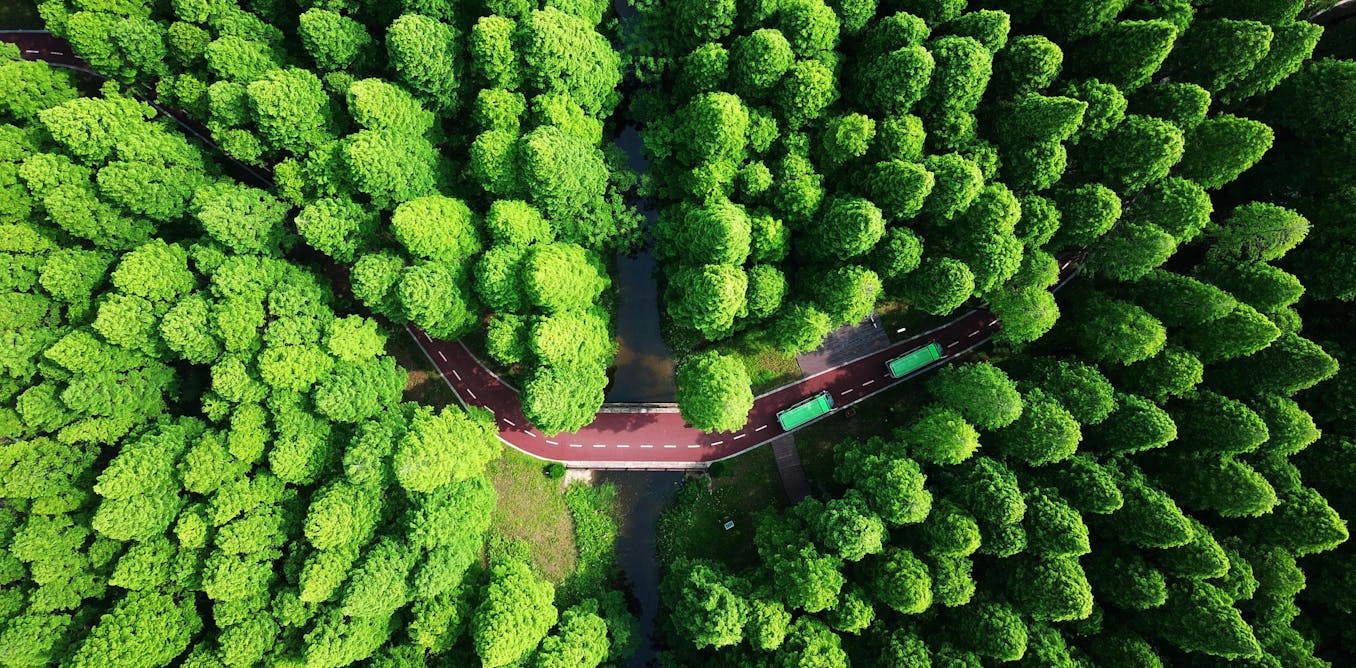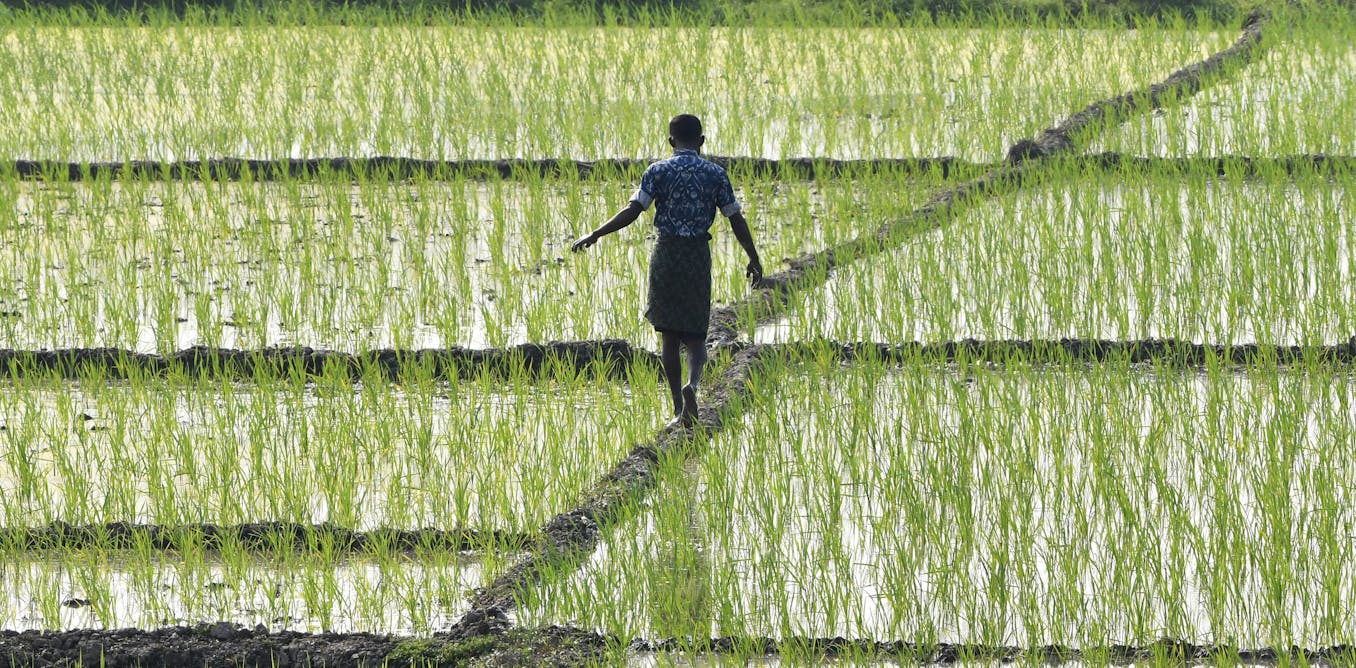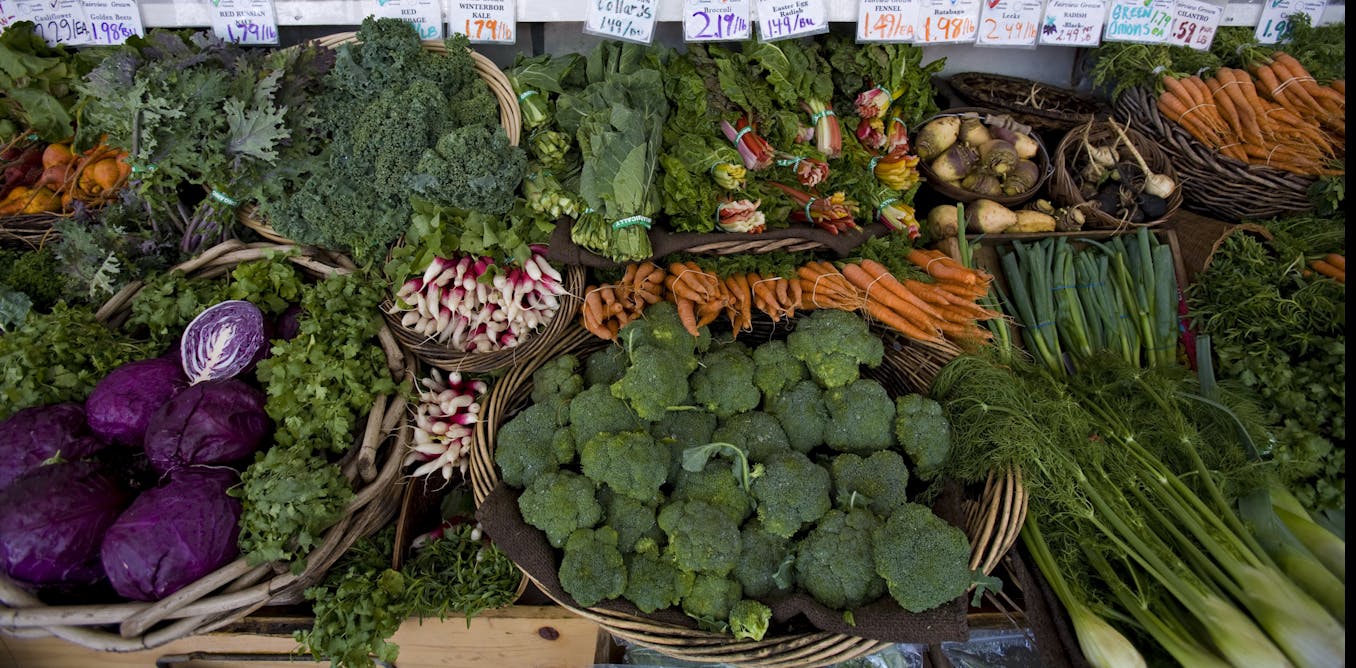Old forests are critically important for slowing climate change and merit immediate protection from logging
President Biden has called for protecting large, old trees from logging, but many of them could be cut while the regulatory process grinds forward.
Jan. 19, 2024 • ~8 min

